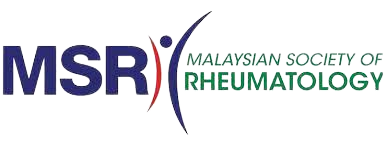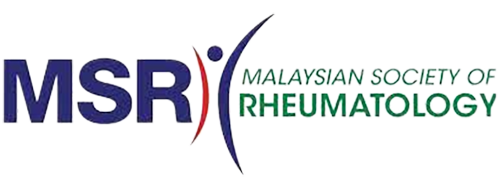Myth:
Joint injections are invariably harmful to joints.
Fact:
Injections of corticosteroids into the joint are often very helpful for controlling local inflammation in particularly painful joints. However, the overuse of these injections should be avoided.
Myth:
Antibiotics are useful for swollen joints.
Fact:
Antibiotics are only useful for treating swollen joints caused by infection. Most forms of chronic arthritis do rot respond to antibiotic therapy.
Myth:
All pain relievers are the same.
Fact:
Pain relievers are the most common type of medication for arthritis, especially the ones doctors call nonsteroidal anti-inflammatory drugs (NSAIDs). These drugs work in two ways: they reduce inflammation and they relieve pain. Although NSAIDs all work in a similar way, some are more likely to cause adverse effects than others are. Recently, new drugs have been developed (COX-2 selective or ‘coxibs’), and these agents carry a much lower risk of causing stomach ulcers than older types of pain relievers.
Myth:
People can get addicted to NSAIDs.
Fact:
Unlike some other types of pain relieving drug, the NSAIDs are not addictive. Your doctor may need to increase the dose if your symptoms get worse, but this is not a sign of drug dependence.
Myth:
Physical activities and exercise are bad for arthritis.
Fact:
Physical activity is often painful for patients with arthritis, and they may be tempted to avoid exercise. However, regular gentle exercise maintains joint integrity and mobility. Many patients benefit from exercising in water, as this minimises the pressure on weight-bearing joints. Talk to your doctor or physiotherapist about safe and gentle exercises for you.
Myth:
Herbal or traditional medicines are safer and more effective than modern medicine; these include copper bracelets, magnets, trace elements (e.g. zinc, selenium), magic stones, eating cats, snake meat or venom, bee stings, tiger bones, eating ants, hot soaks, drinking urine or washing with urine.
Fact:
There is no scientific evidence to support the use of traditional rnedicines in the management of arthritis and rheumatism

